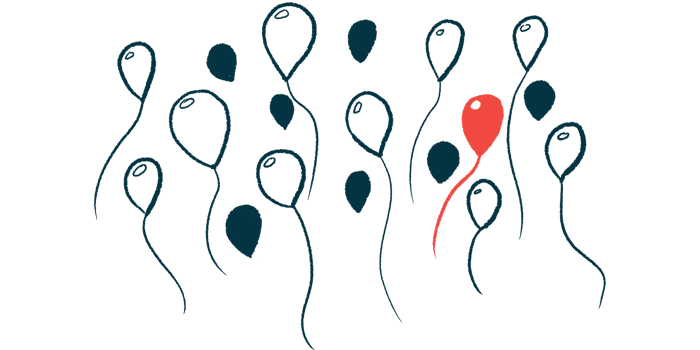Foundation Backs Newborn Screening for Sanfilippo in 2 US States

The Cure Sanfilippo Foundation continues to support an expanded newborn screening program that includes testing for Sanfilippo syndrome, now by signing on to a letter that the EveryLife Foundation is submitting to legislators in the U.S. states of Maryland and Mississippi.
EveryLife‘s letter was written to thank the lawmakers for their efforts on new bills that would require the states to screen infants for any condition on the federal Recommended Uniform Screening Panel (RUSP), a guideline listing medical conditions for which newborn testing is recommended.
Maryland’s state assembly last month introduced HB109 and SB242, and not long after, Mississippi’s state assembly introduced HB927 and SB2900. The bills propose to expand each state’s newborn screening programs by ensuring that all RUSP conditions are added to the testing panel. The timeline would be within two years in Maryland and within three years in Mississippi.
“When children with a rare disease are diagnosed at birth, they have the greatest opportunity to receive timely, approved treatments or participate in clinical trials that can provide them better quality of life and less pain and suffering,” according to Cure Sanfilippo press release.
“Early diagnosis and intervention affords the children the best chance at living a healthy life and are key objectives of Cure Sanfilippo Foundation’s efforts,” the nonprofit states.
Sanfilippo syndrome occurs when the body is missing or does not have enough of a certain enzyme that is needed to break down long chains of sugar molecules. As a result, the sugar molecules build up to toxic levels in different parts of the body and cause various developmental and behavioral symptoms. The foundation has describes the disorder as “Alzheimer’s disease in children.”
There are four types of Sanfilippo syndrome, each caused by a mutation in a different enzyme-coding gene.
Testing for Sanfilippo usually involves a blood test to measure the levels of the enzymes, a urine test to measure the levels of the sugar molecules, or a genetic test to identify the disease-causing mutations. An early diagnosis means that families can access the information they need to seek treatments for their babies at the earliest in life.
Another way the foundation supports newborn screening is by helping fund ScreenPlus, the largest U.S.-based newborn screening study for multiple conditions. The study, which launched last year across eight hospitals in New York, is expanding the state’s existing newborn testing program to include 14 additional conditions, including Sanfilippo syndrome.
In the U.S., each state has its own newborn screening program, and most states choose to screen for some or all of the conditions on the RUSP. Currently, six states screen for all RUSP conditions. They are California, Florida, Georgia, Ohio, Arizona, and North Carolina.







